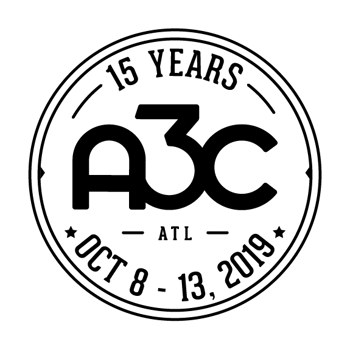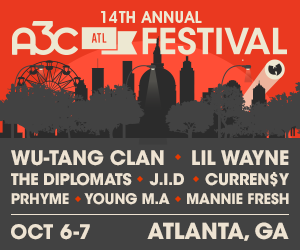![]()
When dealing with the music industry there are so many terms and phrases that are tossed around that makes it difficult for artists and fans to know what is going on. Most artists look for record deals with some of the biggest labels around, but end up signing these deals through imprints. Many artists now sign contracts looking to establish their own imprint. Meek Mill signed to Rick Ross’s imprint MMG and soon developed his own, Dream Chasers. Drake signed to Lil Wayne’s imprint, Young Money and has since then launched his own, OVO (October’s Very Own). What’s the difference between a record label and an imprint? Record Labels are brands and trademarks that are responsible for the publishing, manufacturing, distribution, marketing, promotion and many other things when it comes to music recordings and music videos. Def Jam, Capitol Records and Atlantics Records are examples of record labels. Imprints are under the umbrella of record labels. It is simply a division of the record label and usually leave the work of distributing, marketing, and copyrights to the label. Bad Boy, Cash Money and Hit-Boi’s HS87 are examples of imprints.
Record labels are often seen as the manager of imprints. Another responsibility for record labels is talent scouting and developing new artist. A&R’s work for the record label and they often suggest new artist to join specific imprints. Being that imprints have no legal business structure, they don’t have to do much of the legal work. Artists mainly focus on creating the music and any other business endeavors outside of music. The record label that brings them on is in charge of distributing the music to the proper outlets. When artists get in trouble for using samples without clearance it’s the record label that provides the legal-council to deal with it.
Many people will say that record labels are sneaky and conniving, and those people are not completely wrong, but record labels still provide great services to artists. Independent labels have to carry the financial load of their artists themselves. Not only do they have to pay for everything out of pocket, indie labels do much of the foot work when promoting their artists and music. As an imprint, there is no need for much out of pocket spending due to big corporate budgets. Imprints, compared to independent labels get a national and international stage, while indies often remain local and regional.
Signing to an actual record label or imprint depends on the artist. If the artist has enough of a fan base and network to promote and market themselves, a distribution deal with a record label will suffice. If an artist has no experience of how the industry work needs the entire package of promotion, development, and the works, aligning themselves with a record label would be ideal.
As an artist, make sure whatever contract you sign works for you. The record label and imprint should understand your vision and be a good fit. Now that you have a better knowledge of what record labels are responsible for and what imprints are, you can make a better choice when it comes to signing a deal.



